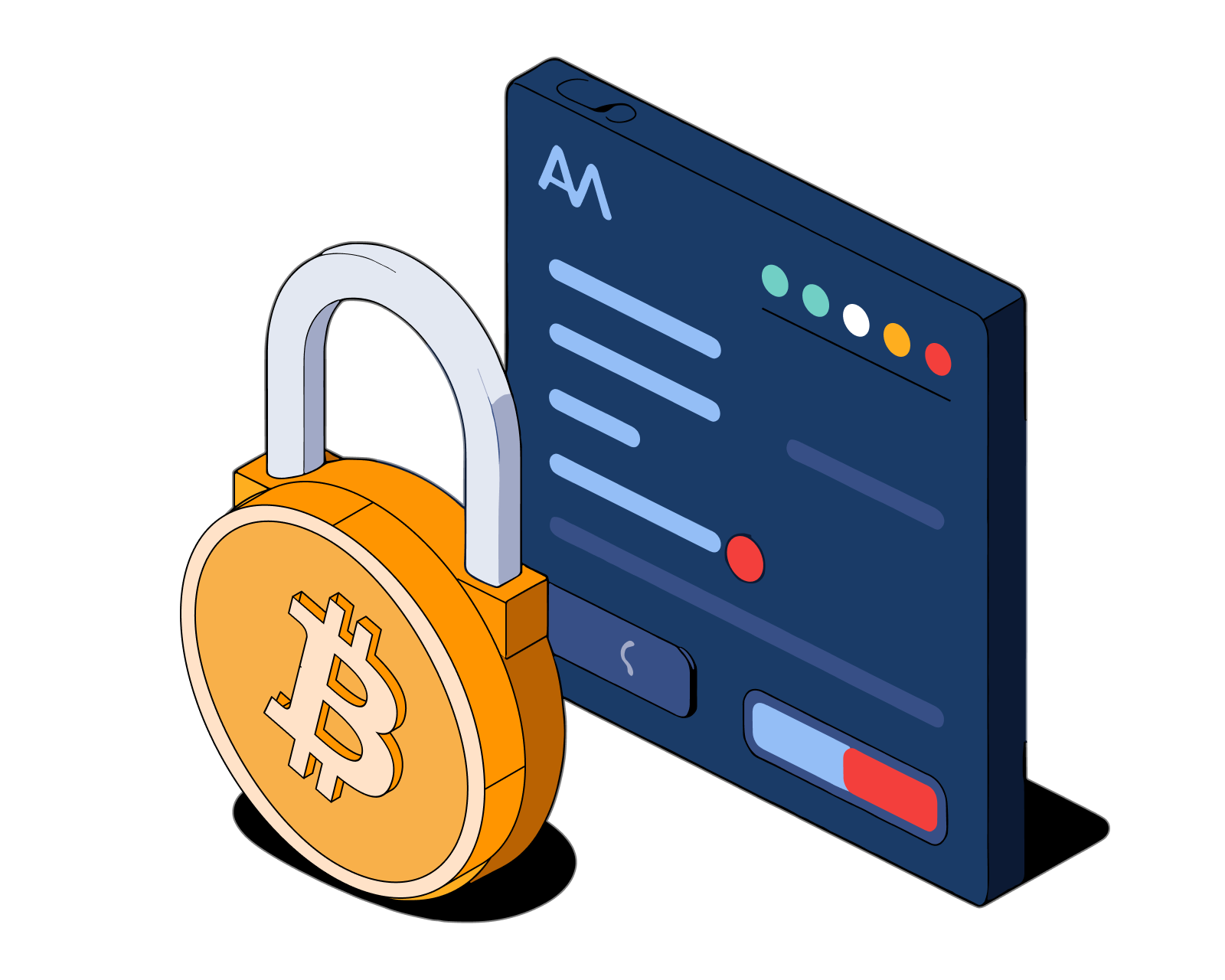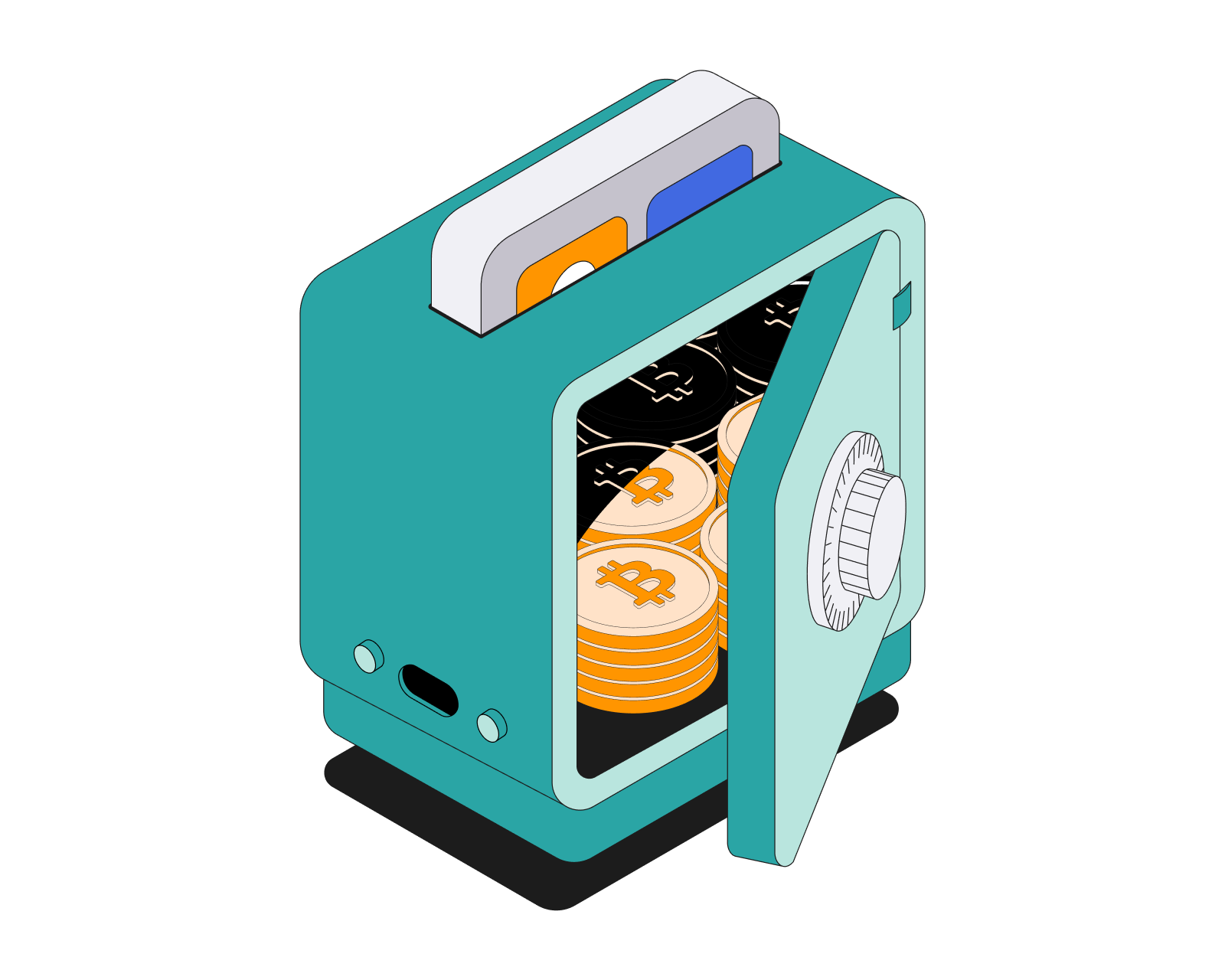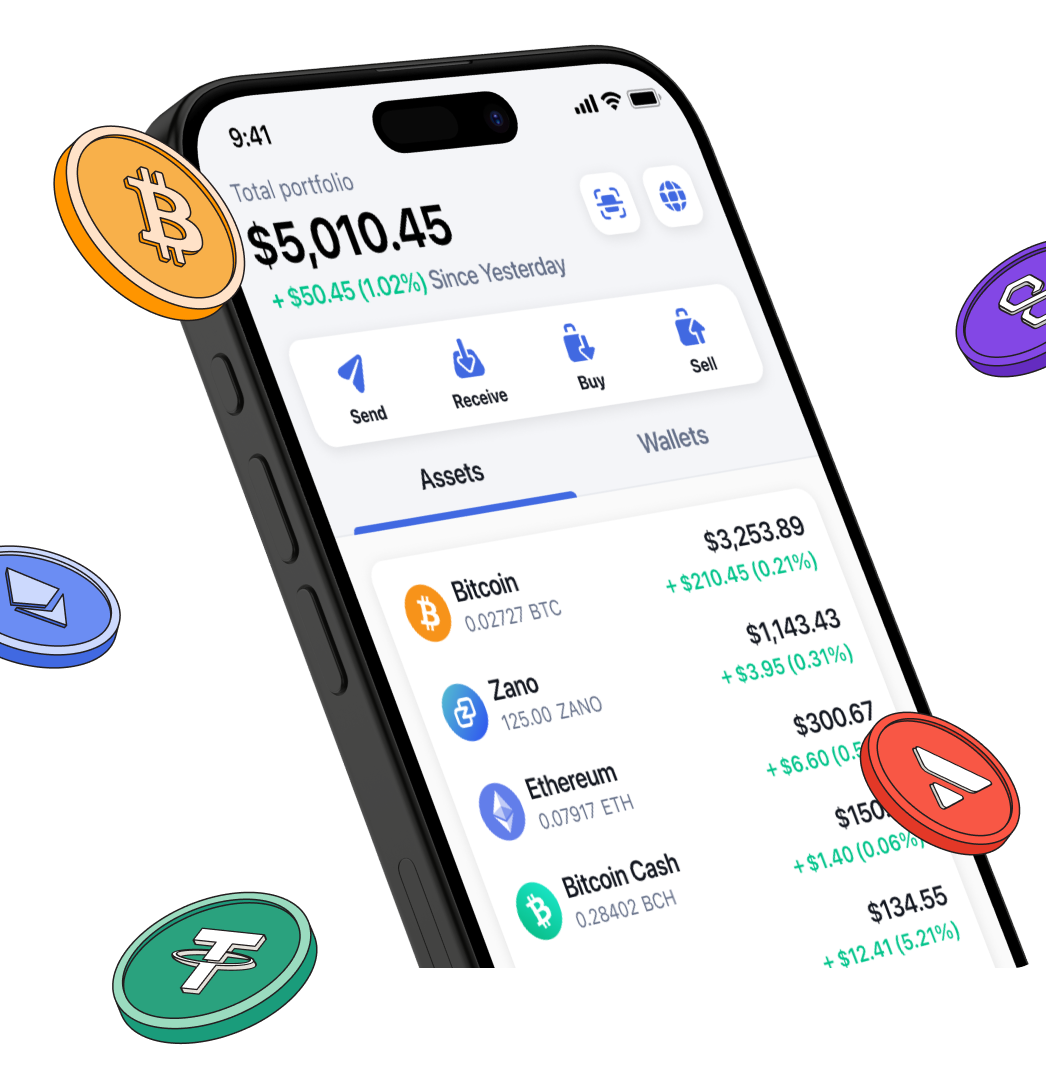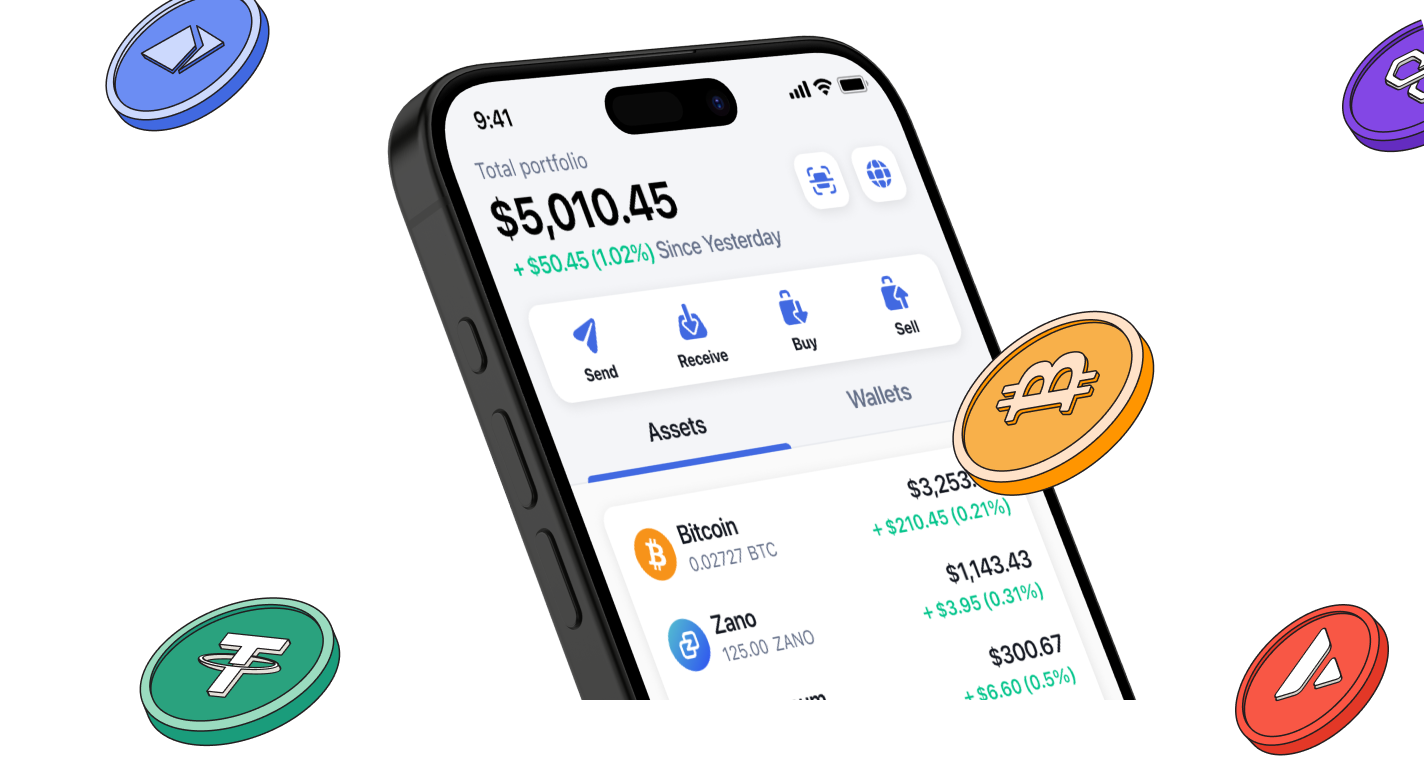What is Bitcoin governance?
Last updated

With the understanding that, at the end of the day, Bitcoin is what its users say it is, there is a formalized process for deciding, at the developer level, what changes are needed and how to integrate them. This is the process of developing the Bitcoin Core software client that the community of nodes chooses to run. This software defines the rules of the Bitcoin protocol, so in some ways it is Bitcoin.
Table of Contents
What are Bitcoin Improvement Proposals?
Bitcoin's code upgrade implementation process is formalized through the use of Bitcoin Improvement Proposals (BIPs). These are drafted, peer reviewed, publicly debated, and rigorously tested towards the goal of establishing 'rough consensus' amongst the community. Rough consensus is said to be achieved when most people are satisfied that objections to the proposal are wrong.
Once rough consensus has been achieved, the next step is to integrate a BIP into the Bitcoin software client implementation known as Bitcoin Core. This step is completed by one of a small number of 'core developers' who have 'commit access' to the code repository (meaning they can upload the code to a specific public platform that the community recognizes). Once the BIP has made it into the Bitcoin Core code repository, the final step is for the network of users (nodes) to install the new version of the software client. This final step is critical because it means that end users retain ultimate control over what Bitcoin is.
Only when a defined threshold of nodes installs the upgrade can it be considered activated, and the barrier to activation for BIPs that make material changes to the Bitcoin protocol is set extremely high. For example, BIP 141 (SegWit) required 95% of the network’s miners to signal for the upgrade over a fixed period of 14 days.
Importantly, most consequential BIPs introduce 'backwards compatible' changes to the protocol. Backwards compatibility means that any nodes using the new version of the software remain compatible with nodes running the previous version (and vice versa). Backwards compatibility provides nodes, rather than developers, with the final say as to whether a proposal will be implemented. A backwards compatible update is sometimes called a 'soft fork.'
What was the Segwit User Actived Sof Fork (USAF)?
The Segwit UASF was a pivotal moment in Bitcoin's history, representing a unique and decentralized approach to enacting changes in the Bitcoin protocol. Unlike traditional governance models where changes are pushed through by developers or miners, a UASF relies on the network's users to drive a change. Specifically, this mechanism involves users running a version of the Bitcoin software that enforces certain rule changes, signaling their support for these changes directly through their nodes.
The most notable UASF in Bitcoin's history occurred in 2017 with BIP 148, aimed at implementing Segregated Witness (SegWit), a protocol upgrade designed to increase block size limit on a blockchain by removing signature data from Bitcoin transactions. When a significant portion of the network's users ran software enforcing BIP 148, it pressured miners to adopt SegWit, even though some were initially resistant. This grassroots campaign was successful, leading to widespread adoption of SegWit on the network. The UASF demonstrated the power of the decentralized consensus process in Bitcoin, showing that the collective will of the user base can influence and enact significant changes in the network's protocol, aligning with the decentralized ethos of Bitcoin.
What is a Bitcoin hard fork?
When a BIP is not backwards compatible, the only way for it to be introduced is through what's known as a 'hard fork.' Here, only nodes that run the new version are compatible with each other. This means that the entire community of nodes must agree to use the new version. If any segment of the community doesn't agree to install and run the new software, the result is two separate chains that no longer communicate. Bitcoin Cash, which is the largest and most consequential of the Bitcoin forks, started in August 2017 after participants in the Bitcoin ecosystem were unable to agree on methods for scaling the cryptocurrency.
Other noteworthy Bitcoin hard forks include:
Bitcoin Gold (BTG): Launched in October 2017, Bitcoin Gold aimed to decentralize Bitcoin mining by using a new proof-of-work algorithm. This change was intended to make mining accessible to more participants by being resistant to ASIC (Application-Specific Integrated Circuits) mining equipment, which is expensive and tends to centralize mining power in the hands of a few.
Bitcoin SV (BSV): Standing for Bitcoin Satoshi Vision, BSV emerged from a hard fork of Bitcoin Cash in November 2018. The primary disagreement that led to Bitcoin SV was over the block size limit. BSV proponents, led by Craig Wright, advocated for significantly larger blocks to scale on-chain transaction capacity, resulting in a contentious split from Bitcoin Cash.
Bitcoin Diamond (BCD): Forked in November 2017, Bitcoin Diamond increased the block size limit and aimed to improve privacy and transaction speeds. It also adjusted the total supply of coins to lower the entry barrier for new users.
Each of these hard forks was initiated to address perceived shortcomings of Bitcoin, whether it be scalability, mining centralization, transaction privacy, or other issues. However, it's important to note that not all hard forks have maintained the same level of community support, market capitalization, or relevance as Bitcoin Cash or Bitcoin. The success of a fork depends on various factors, including community support, developer competence, and the viability of the changes proposed.
Who is in control of Bitcoin?
While the above-described formalized process for creating and integrating BIPs can be considered a form of governance, Bitcoin actually evolves according to the broad consensus of its participants. There are a wide array of voices, including developers, miners, exchanges, wallet providers, custodians, independent node operators, and end users. Participants are locked into a dynamic power struggle where checks and balances prevent any one group from wielding outsized power or influence.
One might look at the fact that there are just 100 developers listed as having contributed to the Bitcoin Core client and conclude that the source of funding behind those developers is a major driving force behind the evolution of Bitcoin. However, one must also consider that there are at least 80,000 Bitcoin nodes - and since most nodes independently decide which Bitcoin Core software client to run, developers can be considered beholden to nodes. Afterall, if developers release software that's incompatible with the consensus of nodes, that software will not be adopted across the network. Meanwhile, the end users of Bitcoin - who number in the tens of millions - have influence over node operators. For instance, if a wallet provider (who operates a node) begins running a version of Bitcoin that runs counter to the wishes of its users, those users can simply switch to a different wallet provider.
Miners are another group of participants that is often put forward as wielding outsized influence over the evolution of Bitcoin. The argument here is that since miners decide which transactions to include in blocks, a contingent of miners who possess more than 50% of the hashpower can hijack the entire network. Even the threat of hijacking the network, the argument goes, could be enough to influence the evolution of the protocol. The reality, however, is that miners too are beholden to nodes (and ultimately to end users as described above). Reason being, nodes (and by extension end users) can simply ignore blocks produced by miners who aren't following the consensus protocol. In this scenario, there will inevitably be another group of miners available to direct their hashing power to the consensus protocol. This other group of miners will rise to the occasion thanks to the economic incentive provided by the block reward. The 'renegade' miners, then, will find themselves dedicating their resources to a version of Bitcoin that the majority of users no longer considers the 'real' Bitcoin. They are free to mine new Bitcoins on their new chain, but those Bitcoins will quickly be considered less valuable by market participants, resulting in a significant economic loss for the renegade miners. In other words, powerful economic incentives force miners to fall in line with the consensus of the entire community of participants. This interplay is a key reason the Proof of Work consensus mechanism is considered so powerful for ensuring Bitcoin isn't hijacked by a contingent of participants who don't represent the majority.
Read more: What is Bitcoin mining?
Related guides
Start from here →
A quick intro to Bitcoin
Get a straightforward introduction to Bitcoin and why it matters.

A quick intro to Bitcoin
Get a straightforward introduction to Bitcoin and why it matters.

Bitcoin glossary

Bitcoin glossary

How do I create a Bitcoin wallet?
Learn how to quickly and easily create a Bitcoin wallet. Understand the different wallet types and their respective pros & cons.

How do I create a Bitcoin wallet?
Learn how to quickly and easily create a Bitcoin wallet. Understand the different wallet types and their respective pros & cons.

How do I keep my cryptoassets safe?
Make sure your cryptoassets are safe with these simple tips.

How do I keep my cryptoassets safe?
Make sure your cryptoassets are safe with these simple tips.

Read our FAQs
Quickly find the answers to commonly asked questions.

Read our FAQs
Quickly find the answers to commonly asked questions.

How do bitcoin transactions work?
Understand how the Bitcoin public blockchain tracks ownership over time. Get clarity on key terms like public & private keys, transaction inputs & outputs, confirmation times, and more.

How do bitcoin transactions work?
Understand how the Bitcoin public blockchain tracks ownership over time. Get clarity on key terms like public & private keys, transaction inputs & outputs, confirmation times, and more.

The benefits of Bitcoin
Discover the key features of Bitcoin that make it a game-changing technology.

The benefits of Bitcoin
Discover the key features of Bitcoin that make it a game-changing technology.

What is Bitcoin?
Get a straightforward introduction to Bitcoin and why it matters.

What is Bitcoin?
Get a straightforward introduction to Bitcoin and why it matters.

Bitcoin Cash (BCH): Fast, Low-Fee Peer-to-Peer Money Explained
Bitcoin Cash (BCH) is a decentralized, fast, and low-fee peer-to-peer electronic cash system created to make everyday digital payments simple and accessible. This guide explains how it works, why it was created, and why BCH still matters in 2026.

Bitcoin Cash (BCH): Fast, Low-Fee Peer-to-Peer Money Explained
Bitcoin Cash (BCH) is a decentralized, fast, and low-fee peer-to-peer electronic cash system created to make everyday digital payments simple and accessible. This guide explains how it works, why it was created, and why BCH still matters in 2026.
STAY AHEAD IN CRYPTO
Stay ahead in crypto with our weekly newsletter delivering the insights that matter most
Weekly crypto news, curated for you
Actionable insights and educational tips
Updates on products fueling economic freedom
No spam. Unsubscribe anytime.



Start investing safely with the Bitcoin.com Wallet
Over wallets created so far
Everything you need to buy, sell, trade, and invest your Bitcoin and cryptocurrency securely

© 2026 Saint Bitts LLC Bitcoin.com. All rights reserved




